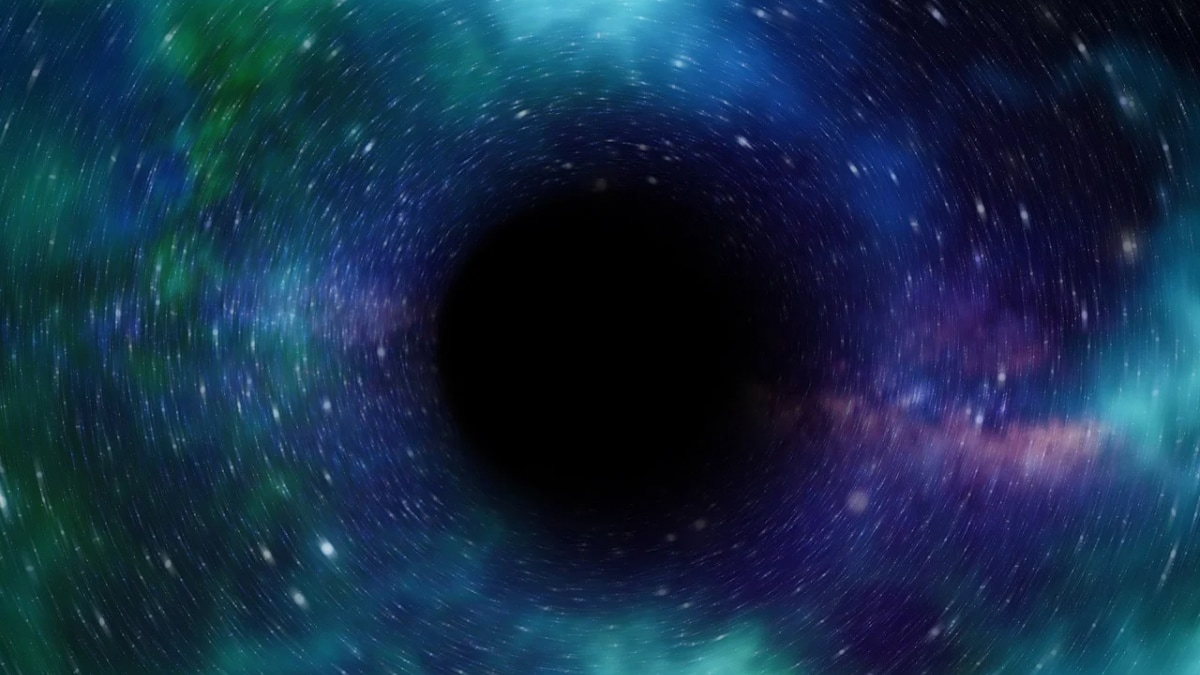Primordial black holes could be passing through our solar system

Primordial black holes, formed shortly after the Big Bang, can pass through our solar system every decade, according to new research. These black holes, much smaller and lighter than typical holes, can create tiny gravitational perturbations that scientists can detect. Researchers suggest that tracking these perturbations could help us understand dark matter, an elusive substance thought to make up most of the universe’s mass. While dark matter remains a mystery, some scientists propose that primordial black holes could make up a significant portion of it.
What are primordial black holes?
Primordial black holes are thought to be as small as a hydrogen atom and much lighter than our sun. Sarah Geller, a theoretical physicist at the University of California, Santa Cruz, explained that these black holes may have formed due to density fluctuations in the early universe. Although these black holes are incredibly small, their gravitational pull is still significant. Unlike stellar-mass black holes, they do not emit detectable light, making them harder to find.
Possible gravitational disturbances in the solar system
The research suggests that these black holes could pass by planets like Earth, Mars and Venus once every decade. Benjamin Lehmann, a theoretical physicist at MIT, noted that these flybys could cause slight perturbations in the orbits of solar system objects that could be measurable with current technology.
Lehmann cautioned, however, that more accurate simulations and models are needed to determine any findings in the journal Physical Review D.
Future research into ancient black holes
The researchers are in talks with experts from the Paris Observatory to analyze real orbital data from the inner planets. In this way, they hope to detect possible perturbations caused by these black holes and distinguish them from other objects in space. This study opens the possibility of using gravitational effects to locate ancient black holes and investigate the nature of dark matter.




